Pancreas body relations 5
Hide All Ads - Subscribe Premium Service Now
Share your inquiries now with community members
Click Here
Sign up Now
Lessons List | 27
Lesson
Comments
Related Courses in Medical
Course Description
What is the Endocrine System?
Endocrine systems, also referred to as hormone systems, are found in all mammals, birds, fish, and many other types of living organisms. They are made up of:
Glands located throughout the body;
Hormones that are made by the glands and released into the bloodstream or the fluid surrounding cells; and
Receptors in various organs and tissues that recognize and respond to the hormones.
Why are Hormones Important?
Hormones act as chemical messengers that are released into the blood stream to act on an organ in another part of the body. Although hormones reach all parts of the body, only target cells with compatible receptors are equipped to respond. Over 50 hormones have been identified in humans and other vertebrates.
Hormones control or regulate many biological processes and are often produced in exceptionally low amounts within the body. Examples of such processes include:
blood sugar control (insulin);
differentiation, growth, and function of reproductive organs (testosterone (T) and estradiol); and
body growth and energy production (growth hormone and thyroid hormone).
Much like a lock and key, many hormones act by binding to receptors that are produced within cells. When a hormone binds to a receptor, the receptor carries out the hormone's instructions, either by altering the cell's existing proteins or turning on genes that will build a new protein. The hormone-receptor complex switches on or switches off specific biological processes in cells, tissues, and organs.
Some examples of hormones include:
Estrogens are the group of hormones responsible for female sexual development. They are produced primarily by the ovaries and in small amounts by the adrenal glands.
Androgens are responsible for male sex characteristics. Testosterone, the sex hormone produced by the testicles, is an androgen.
The thyroid gland secretes two main hormones, thyroxine and triiodothyronine, into the bloodstream. These thyroid hormones stimulate all the cells in the body and control biological processes such as growth, reproduction, development, and metabolism.
The endocrine system, made up of all the body's different hormones, regulates all biological processes in the body from conception through adulthood and into old age, including the development of the brain and nervous system, the growth and function of the reproductive system, as well as the metabolism and blood sugar levels. The female ovaries, male testes, and pituitary, thyroid, and adrenal glands are major constituents of the endocrine system.
Trends
Graphic design tools for beginners
MS Excel
Learning English Speaking
Create cinematic ai landscapes videos
Python programming language
French
Google Python class
Create AI Videos
10X coding tools for developers
AWS For Beginners | Amazon AWS
Communication Skills
French language for beginners
Excel fundamentals for finance
Python machine learning from scratch
American english speaking practice
Basic mathematics
Content marketing for beginners
Formation efficace à l écoute de l
Embedded Systems ES
Logistic regression machine learning
Recent
Control mechanisms types
Properties of engineering materials
RLC circuit basics
Types Of power diodes
HSPICE installation
Smart irrigation system
Python for data science fundamentals
Azure IoT webservices
Machine learning for beginners
IoT networking basics
SystemVerilog interview questions
Engineering chemistry fundamentals
Engineering thermodynamics
Mechanics
Electromagnetic theory
Thermometry
Basic mathematics
Create cinematic ai landscapes videos
Ai photography basics
Tools for ai image




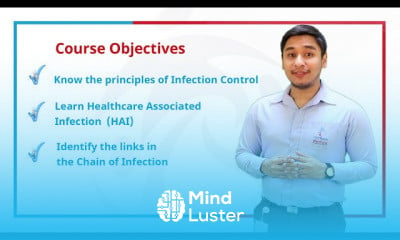
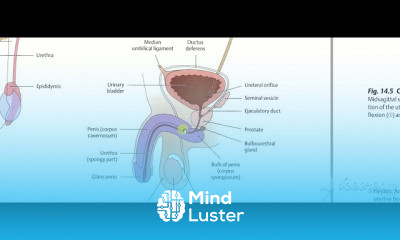
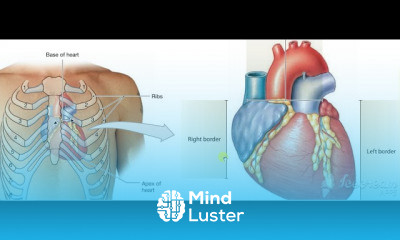
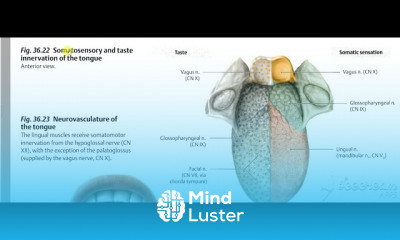
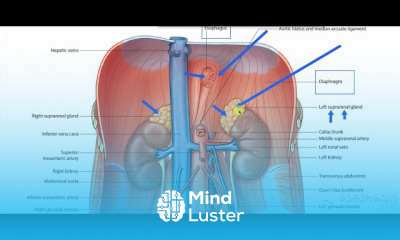
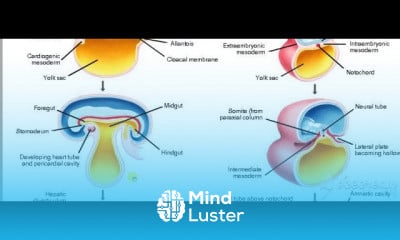
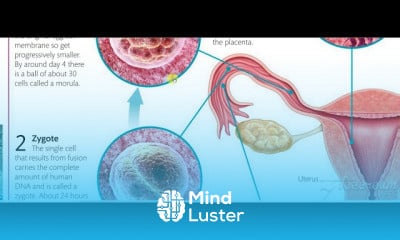
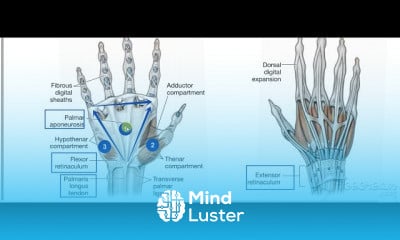
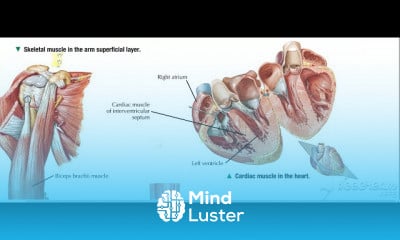
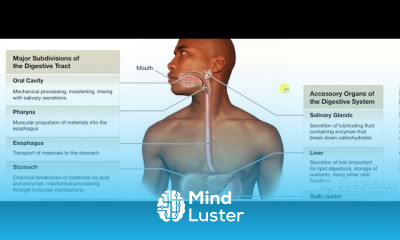
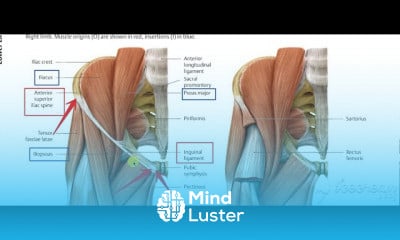
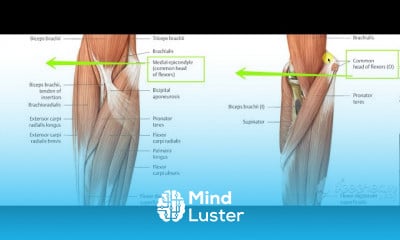
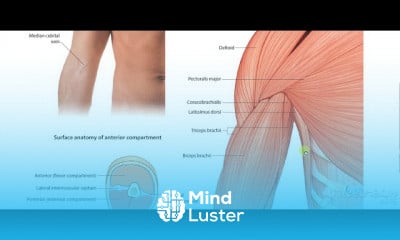
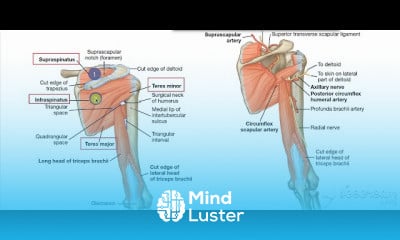
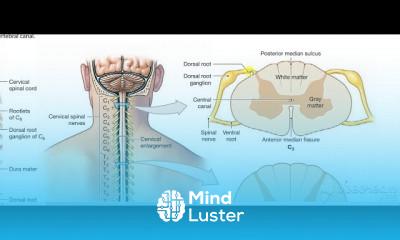
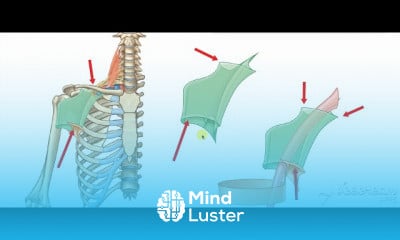
You must have an account within the platform in order to participate in the discussion and comment. Register now for freeClick here